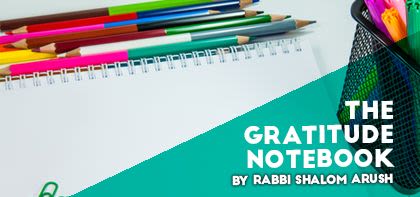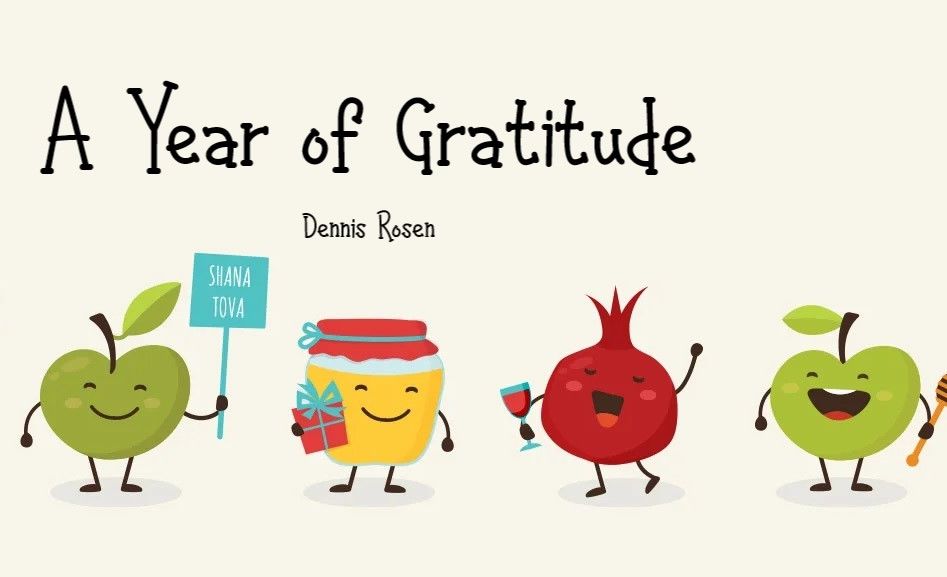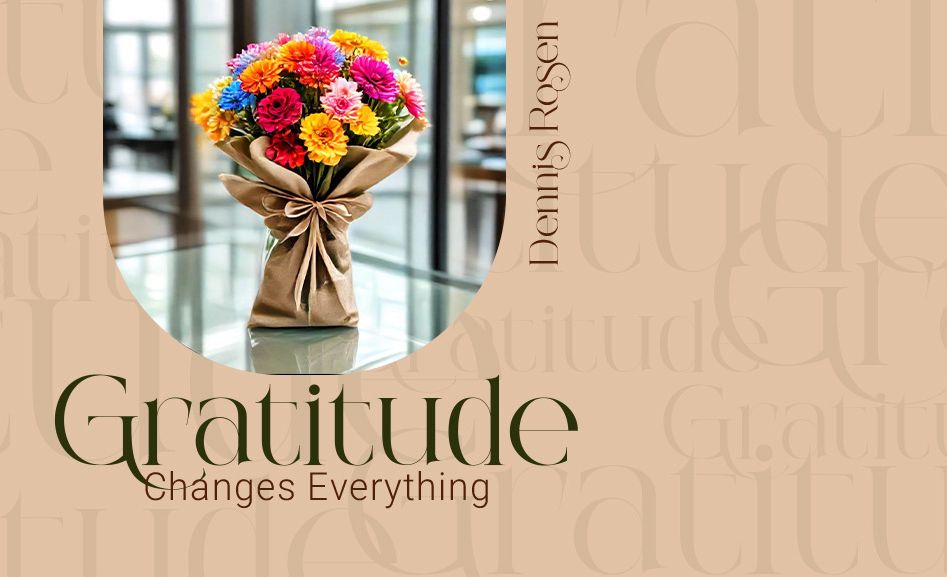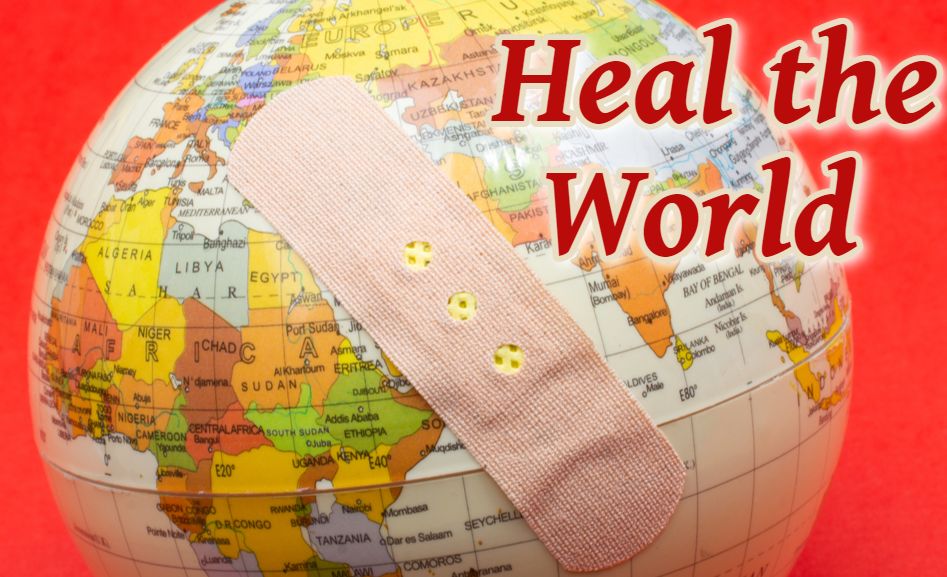
The Gratitude Notebook
A sad person can't do teshuva because a sad person can't speak to Hashem, confess his wrongdoings or objectively assess himself. That's why joy is a tremendous mitzvah…

More than Purim is a holiday of miracles and salvation, it’s a holiday of gratitude. That’s why we say the “Al HaNisim” (for the miracles) prayer after every meal and during all three prayers – Shacharit, Mincha, and Aravit.
One phenomenon that never ceases to amaze me after every gratitude lecture I deliver is that people still come up to me after the lesson and ask for salvations. Did they not just hear what I said? Didn’t they hear that everything is from Hashem, for the best, and for a purpose? I’d expect everyone to fly into their cars at the end of the lecture and rush to a park or a field where they can start thanking Hashem for their troubles and begin the process of rectifying themselves and seeing salvation. But no, none of that; they’re still turning to me. Didn’t I just tell them repeatedly to begin thanking Hashem and that would be a conduit for miracles?
Not only are they still whining and complaining, but they’re justifying their “right” to be depressed. “Rabbi, no one has problems like I do. Give me a rabbinical dispensation to be sad, depressed, and in despair. Give me an exemption from prayer and Torah learning. You must agree with me that the only way to deal with my problems is to be depressed. I tell you such painful stories of my problems, and you tell me  to thank Hashem?” His “solution” to his problems is to sever himself from Hashem…
to thank Hashem?” His “solution” to his problems is to sever himself from Hashem…
A sad person indeed severs himself from Hashem. Our sages said that the Divine Presence hovers only in a place of happiness (Tractate Pesachim 117a). That’s why Rebbe Nachman of Breslev (who was a blemish-free tzaddik), said, “Even if, Heaven forbid, I committed the worst sin, I would continue to be happy; then, I would repent.” What did Rebbe Nachman mean by this? When a person is sad, Hashem is not with him. Therefore, teshuva –penitence – must be done with joy in order for a person’s prayers and penitence to be accepted.
A sad person can’t do teshuva because a sad person can’t speak to Hashem, confess his wrongdoings or objectively assess himself. That’s why joy is a tremendous mitzvah while sadness is a transgression. Sadness chases the Divine Presence away.
There’s no justification for being sad. Imagine that someone’s child is very sick. A neighbor asks the parent, “What are you doing to help your child get better?”
“I’m feeling sorry for myself,” the parent answers.
How inane!
We must serve Hashem with joy, appreciating every chance to do a mitzvah and every mitzvah. We should all be keeping a gratitude notebook and writing down as many thanks as we can, ignoring nothing and appreciating every tiny act of loving-kindness from Above.
The reward for the tiniest mitzvah is worth more than all the treasures of this material world. People complain about all the obligations the Torah requires of them; that too is senseless. Rebbe Chanania ben Akashiya says, “The Holy One blessed be He wants to bestow merit on Israel, so He gave them the Torah and its many mitzvoth” (Avot, ch. 1).
When the evil inclination tries to bring you down, tell him immediately: “Mr. Evil Inclination, with all due respect, have a look at my gratitude notebook; every day, there are a hundred thank You’s. I can’t even write down all the mitzvot Hashem allows me do every minute…” Now, the evil inclination is depressed, and not you.
Do you not yet have a gratitude notebook in which you jot down at least 100 thank-You’s every day? Start one and you will see tremendous and miraculous salvations.
Gratitude is the basic character trait that the whole world stands on. Conversely, ingratitude is the basis of all evil in the world. Any destruction in the world began with ingratitude.
Gratitude connects a person to the Creator, to holiness, to purity and to everything good. Let’s begin saying thank You!












Tell us what you think!
Thank you for your comment!
It will be published after approval by the Editor.